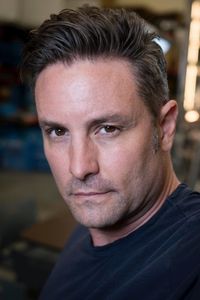With a prestigious educational background that includes a master of fine arts degree from Colorado State University's esteemed National Theater Conservatory, Stabile embarked on a journey to the City of Angels, Los Angeles, immediately following his graduation. Prior to his breakout role, he had secured guest appearances on a variety of prime-time television shows, ultimately landing a coveted spot on the iconic soap opera, Sunset Beach, as one of its original cast members.

Nick Stabile
54 · Born: Mar 4, 1971





























